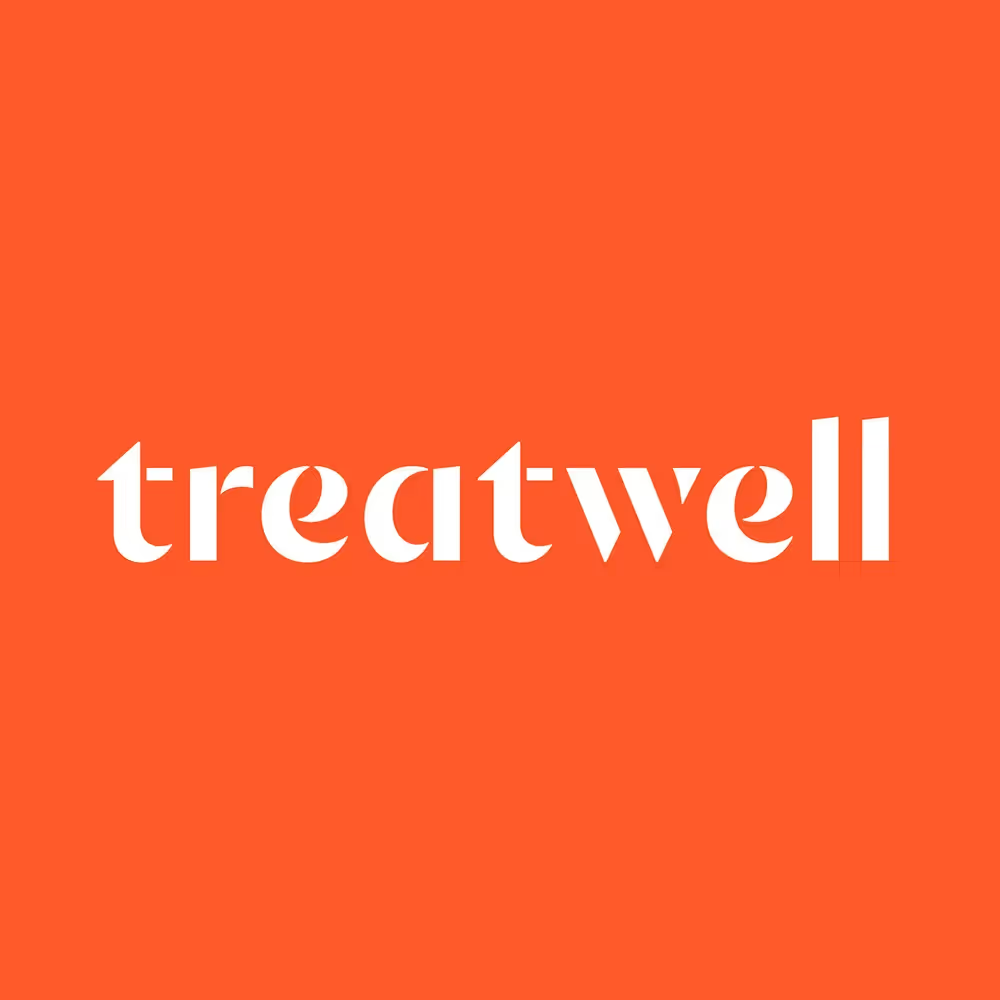UGC Guidelines for Regulated Industries
Working in a regulated industry? 🤔 Discover how to harness UGC effectively while staying compliant with industry standards—because authenticity shouldn’t come at the cost of compliance!







.avif)










.avif)


.avif)



.avif)












.avif)








.avif)





.avif)


.avif)

.avif)



.avif)








.avif)
.avif)










.avif)
.avif)
















UGC Guidelines for Regulated Industries
User-Generated Content (UGC) has become a cornerstone of modern marketing, offering authenticity and engagement that traditional content often lacks. However, for brands operating within regulated industries—such as healthcare, finance, and pharmaceuticals—leveraging UGC presents unique challenges. Navigating these complexities is essential to maintain compliance, protect your brand's reputation, and build trust with your audience.
Let's explore the key considerations and best practices for effectively and legally incorporating UGC into your marketing strategies within regulated sectors.
Understanding the Regulatory Landscape
Regulated industries are subject to stringent laws and guidelines designed to protect consumers and ensure ethical practices. When incorporating UGC, it's crucial to be aware of:
- Industry-Specific Regulations: Each sector has its own set of rules. For example, the healthcare industry must comply with the Health Insurance Portability and Accountability Act (HIPAA) in the United States, which governs patient privacy.
- Advertising Standards: Regulatory bodies often have strict guidelines on advertising claims, endorsements, and testimonials. Ensuring that UGC does not make unverified claims is essential.
- Data Protection Laws: Laws such as the General Data Protection Regulation (GDPR) in the European Union mandate how personal data is collected, stored, and used.
Key Considerations for Using UGC in Regulated Industries
- Obtain Explicit Consent
- Written Permission: Always secure explicit, written consent from individuals before using their content. This is particularly important when the content involves personal or sensitive information.
- Clear Agreements: Specify how the content will be used, the duration of usage, and any modifications that may be made.
- 👉 Pro Tip: Use standardised consent forms tailored to your industry's regulatory requirements to ensure compliance.
- Ensure Accuracy and Compliancesome text
- Fact-Checking: Verify that any claims made in UGC are accurate and comply with industry regulations. For instance, in the pharmaceutical industry, avoid unverified health benefit claims.
- Legal Review: Have your legal team review UGC to ensure it doesn't violate any laws or regulations.
- Protect Personal and Sensitive Information
- Anonymisation: If UGC includes personal data, consider anonymising it to protect individuals' identities, especially in sectors like healthcare.
- Data Security: Implement robust data security measures to protect any personal information obtained through UGC.
- Monitor and Moderate Contentsome text
- Active Moderation: Regularly monitor UGC to ensure ongoing compliance with regulations and promptly address any issues that arise.
- Clear Guidelines: Establish and communicate clear guidelines for acceptable content to your audience to prevent the submission of non-compliant UGC.
Avoiding Common Pitfalls
- Assuming Implied Consent: Never assume that tagging your brand or using a campaign hashtag equates to permission to use someone's content. Always ask for explicit consent.
- Overlooking Regulatory Nuances: Each regulated industry has unique requirements. Ensure you're fully aware of the specific regulations that apply to your sector.
- Neglecting Employee Training: Educate your marketing and legal teams about the importance of compliance when using UGC to prevent inadvertent violations.
Leveraging UGC Platforms for Compliance
Specialized UGC platforms can assist in managing content within the confines of industry regulations:
- Compliance Features: Some platforms offer features designed to help ensure that content usage complies with industry-specific regulations.
- Streamlined Consent Management: These platforms can facilitate the process of obtaining and documenting user consent, reducing the administrative burden.
Final Thoughts
Incorporating UGC into your marketing strategy within regulated industries requires careful navigation of legal and ethical considerations. By obtaining explicit consent, ensuring accuracy, protecting personal information, and leveraging specialised platforms, you can effectively use UGC while maintaining compliance and building trust with your audience.
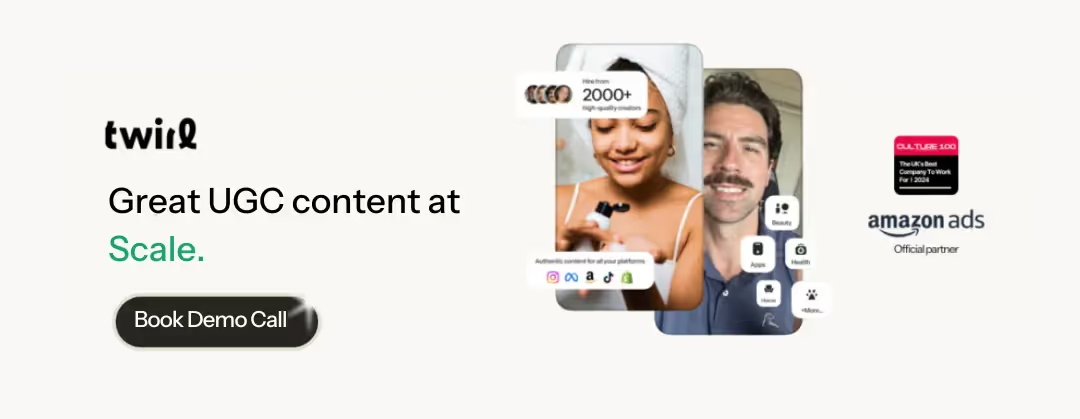
👉 Want to learn more? View our work to see how we help brands manage UGC effortlessly.
👉 Ready to master UGC? Partner with Twirl today and ensure your campaigns are as impactful as they are compliant. 🚀
Follow us along

.svg)

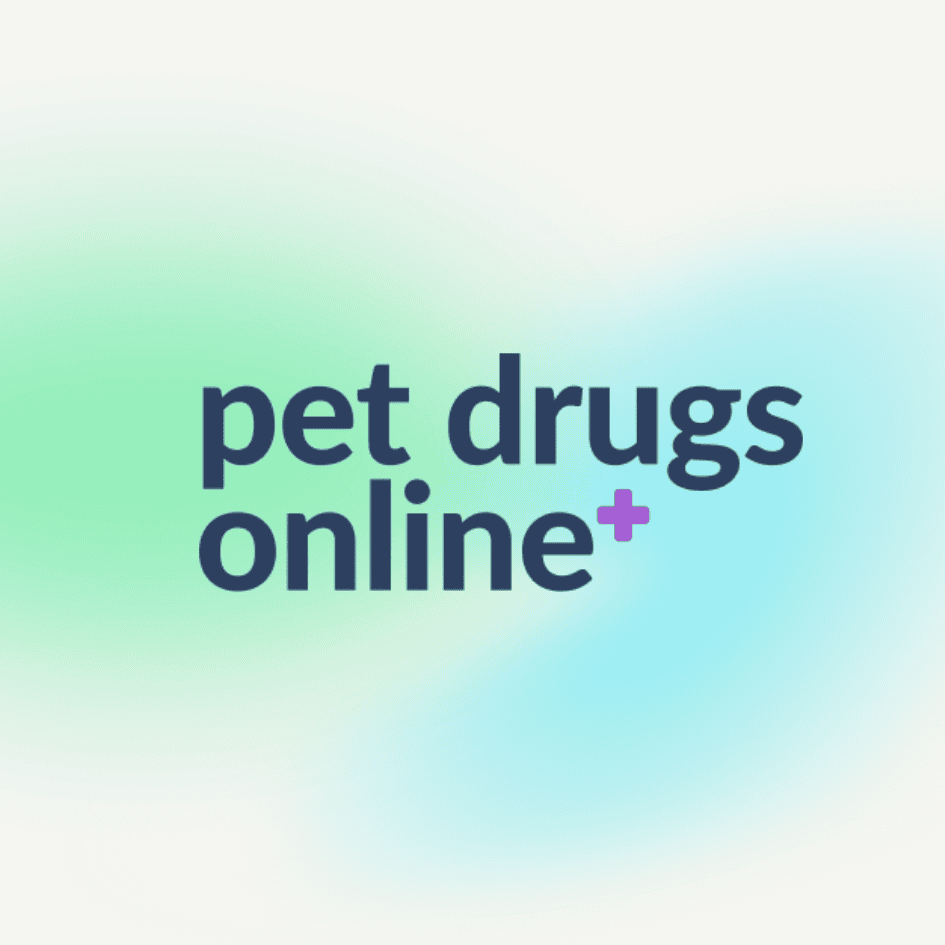
-min.avif)
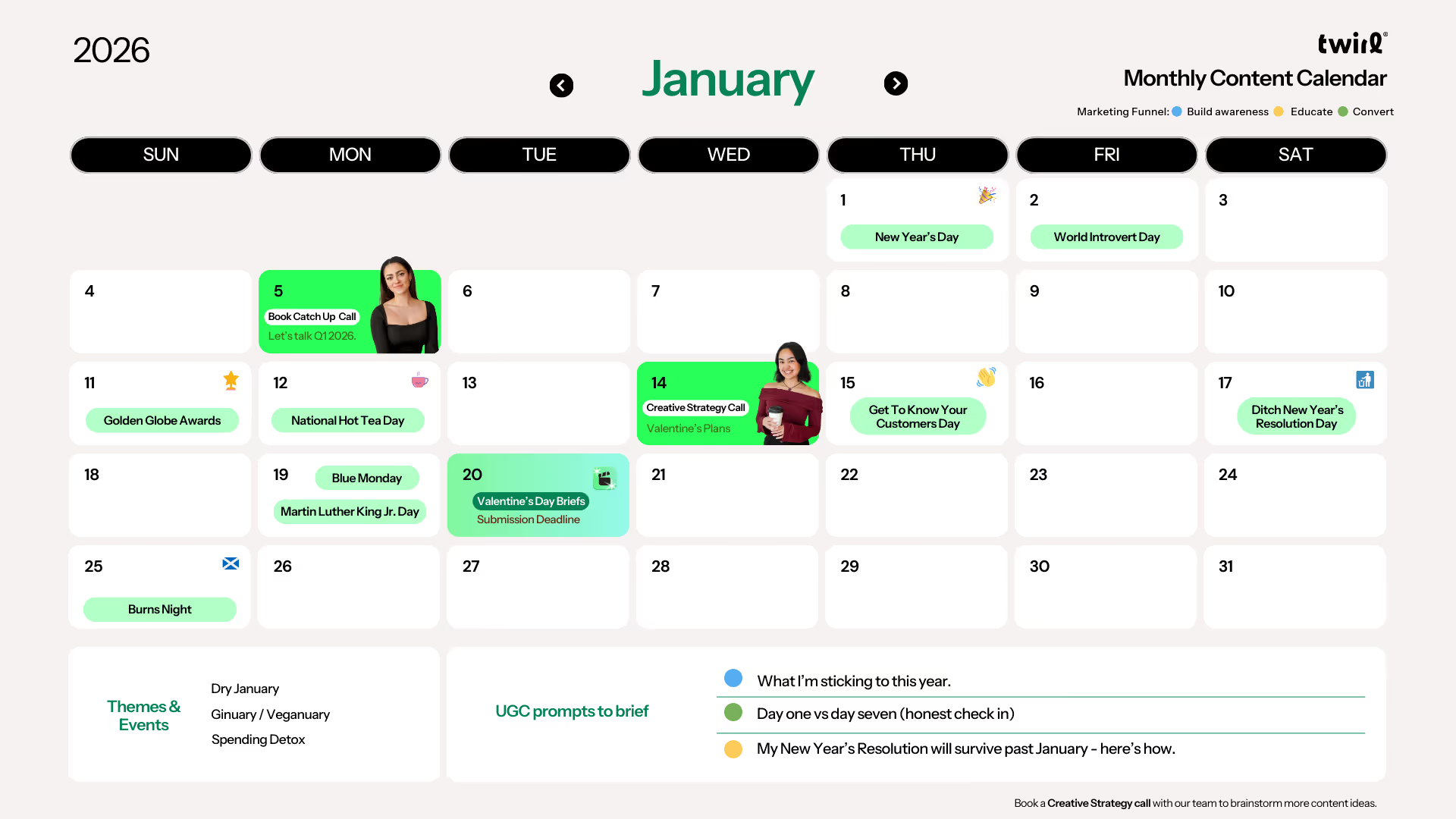
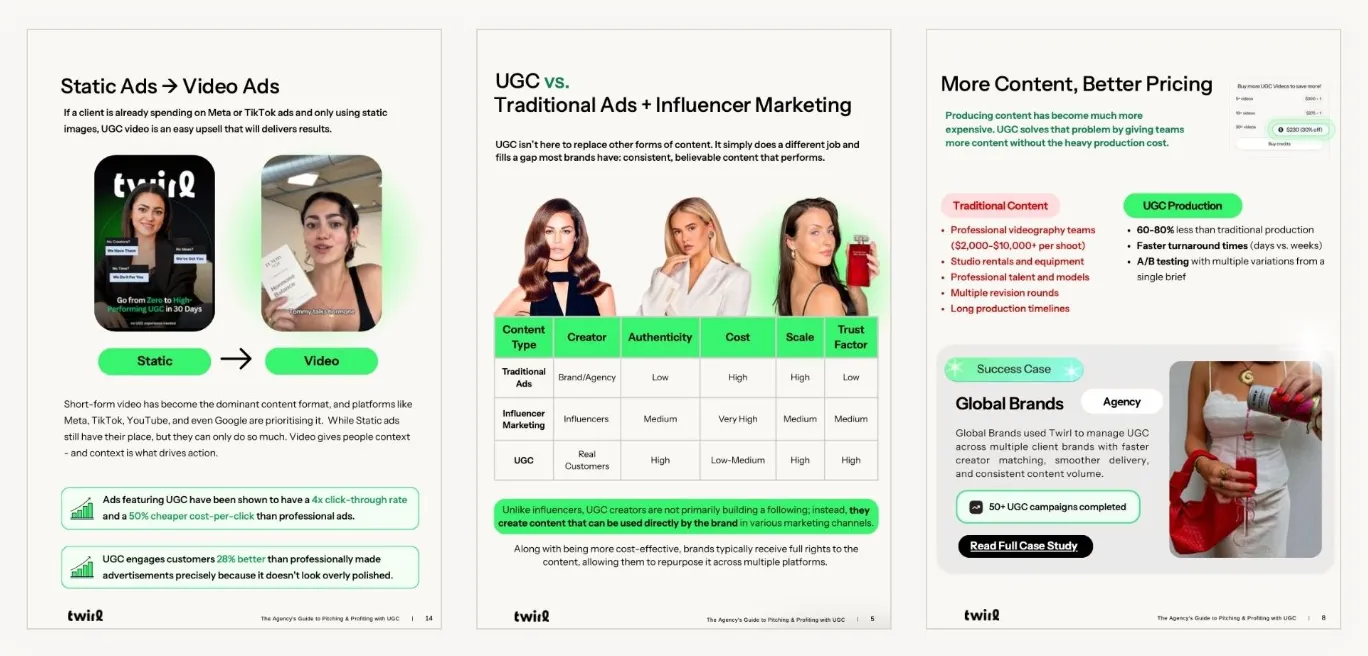
.avif)

.avif)

.svg)
.svg)

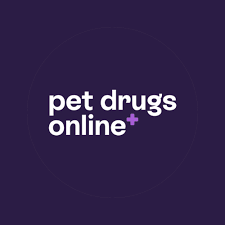
.avif)
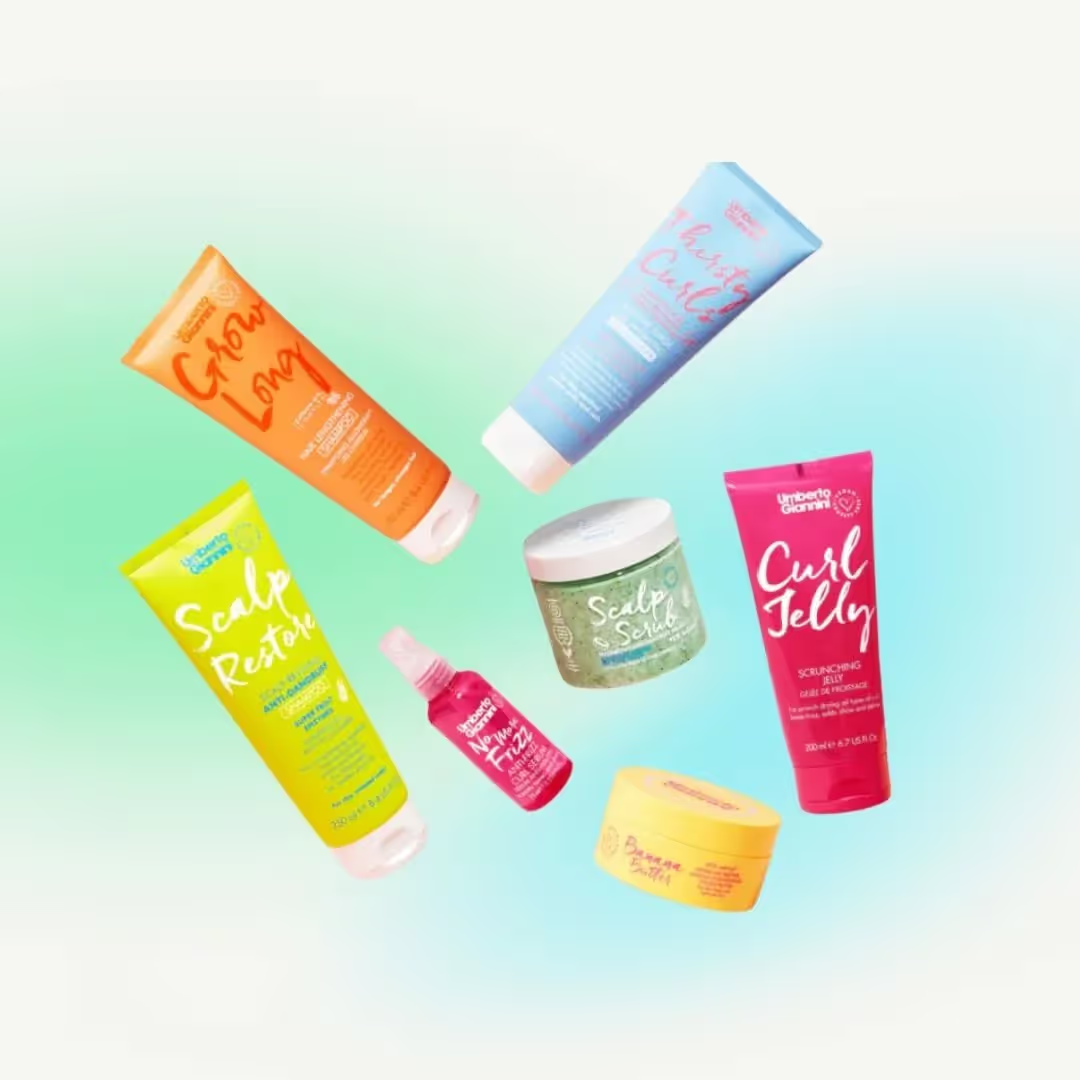

.avif)
.avif)

!["Twirl was a dream to work with. I had used one of their competitors previously, but the creators on Twirl were absolutely a cut above those on [other platform]. It was worth every penny and our agency will be a consummate Twirl customer from now on."](https://cdn.prod.website-files.com/64db5aa75d4b6be398d7a340/6822180e5beca4ac00741be5_6703df23a4ef54cfd6db0d56_Frame%209.avif)

